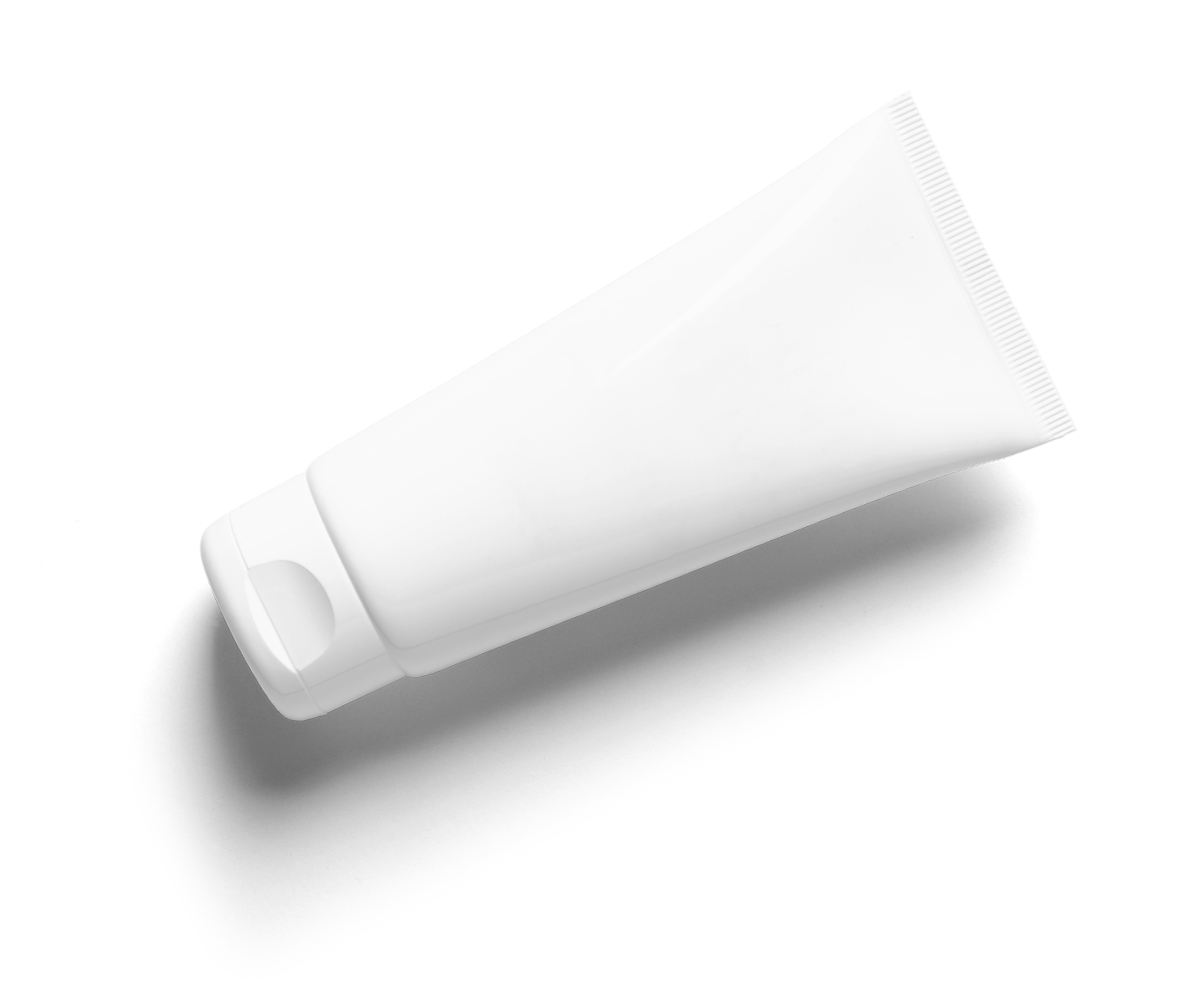Our science
Two out of three women find that their skincare product doesn't work as promised.

The Mystery of Skincare
Skincare is, without a doubt, one of the most mystifying and opaque beauty categories. One can immediately judge a product on its texture, smell, and feel. It takes a bit more time to understand its moisturizing efficacy.
But what about when it comes to anti-aging, skin pigmentation, imperfections, and other promised benefits? Results are not guaranteed, and it may take months to see them.
According to a recent study involving over 1,000 racially diverse women worldwide, nearly two-thirds (62%) expressed concerns about their skincare products being ineffective. Furthermore, nine out of ten women reported frustration when trying to find skincare products that actually work for them.
- Apply once and your skin will stay hydrated for days!
- This gel smooths and firms in seconds!
- This serum will instantly reduce wrinkles!
To justify these outlandish claims and outrageous prices, some brands incorporate 'miracle ingredients' in their formulations. We're talking gold, pearls, new molecules, crushed diamonds, caviar, exotic plants, and even human stem cells. Supporting evidence for their efficacy is often missing .
With little industry regulation regarding the justification of claims, multimillion-dollar budgets are spent on advertising to convince consumers that these products work.
A $3 moisturizer can be just as effective as a $100 one
It may be a hard-to-swallow pill for some, but the truth is simple.
Although some products may feature luxurious packaging, an engaging buying experience, and a heartfelt origin story, the product formula is the only thing that matters for your skin.
All products, regardless of their brand, price, or country of origin, are made from the same list of ingredients known as INCI: International Nomenclature of Cosmetic Ingredients.
The top-performing anti-wrinkle and moisturizing products are definitely not the most expensive ones.
The efficacy of skincare can be measured
Here at CreamScan, we have decided to do just that. We brought together top experts in the field: cosmetic chemists, AI data scientists, mathematicians, and dermatologists, to develop the first-ever skincare efficacy analyzer.
We developed a unique approach to calculate the efficacy of skincare products:
Moisturizing rating
The Moisturizing rating shows how moisturizing a product is on a scale from 0 to 10.
It depends equally on its two sub-ratings: Humectancy and Occlusivity, which are different mechanisms through which your skin can be moisturized..
Humectants are ingredients that attract water to the skin, acting like magnets. The most famous ones are glycerin and hyaluronic acid. Humectant-type moisturizing is beneficial for all skin types.
Occlusives, on the other hand, seal water in and prevent natural water evaporation (TEWL) from the skin. Well-known occlusives include shea butter, olive oil, various seed oils, petrolatum, and mineral oil. Occlusive-type moisturizing is ideal for dry skin.
Anti-wrinkle rating
The Anti-wrinkle rating shows how potent a product is on a scale from 0 to 10 in reducing wrinkles.
This rating is more complex than the Moisturizing rating. It considers not only the concentration of the anti-wrinkle ingredients in the formula but also their efficacy, on a 0 to 10 scale.
Anti-wrinkle ingredients vary in their ability to reduce wrinkles and the level of evidence supporting their efficacy.
Many ingredients claim to have anti-wrinkle properties but lack solid proof, such as robust clinical studies. Therefore, we created the CreamScan Research Evaluation Standards to ensure that only ingredients with really proven efficacy are included in your anti-wrinkle cream.
But concentration is still very important - even the most potent ingredient will not work effectively if its concentration is insufficient.
Many brands create a marketing story around one or several 'star' ingredients, but in reality, they only add tiny quantities of them to the formula so you find them close to the end of the ingredient list.
The concentration of each ingredient in the formula is a trade secret and not available to consumers. Our algorithms are designed to fairly assess the concentrations and take them into account when calculating the Anti-wrinkle and other ratings.
Other ratings
We also highlight if the product is rich in antioxidants or soothing ingredients.

